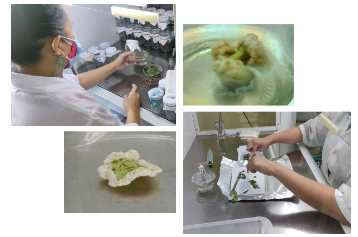
This study investigated the coffee value chain in the CALABARZON and developed intervention models to create a smart food value chain. Specifically, this study intended to: 1) operationalize the Smart Food Value Chain Framework in the coffee value chain in CALABARZON; 2) provide an overview of the current state of the coffee industry in CALABARZON; 3) map out the coffee supply /value chains showing the a) key customers and their product requirements; b) key players and their roles; c) activities and processes involved; d) flow of product, payment, and information; e) logistic concerns; and, f) external influences; 4) analyze the performance of the coffee supply /value chain, where possible, in terms of efficiency, flexibility, overall responsiveness, and other indicators; 5) design key intervention models towards development of resilient and inclusive agricultural food supply /value chains; and 6) integrate DOST agencies and Regional Offices in the Smart Food Value Chain.
Results indicate that the gap in the demand for coffee can be solved through improvements in both the productivity and processing efficiency. In the production sector, the optimal use of inputs that promote sustainable yield is recommended. The intensive use of chemical inputs poses problems with decreasing productivity in the long run and further affects the income of farmers. In the processing sector, some areas have limited processing equipment which enables them to have a better income. Therefore, the provision of new products and processing technology must be considered. In the marketing sector, farmers remain individualistic and thus are not linked directly to markets. It limits the capacity of small scale farmers to sell their commodities at a higher price.


